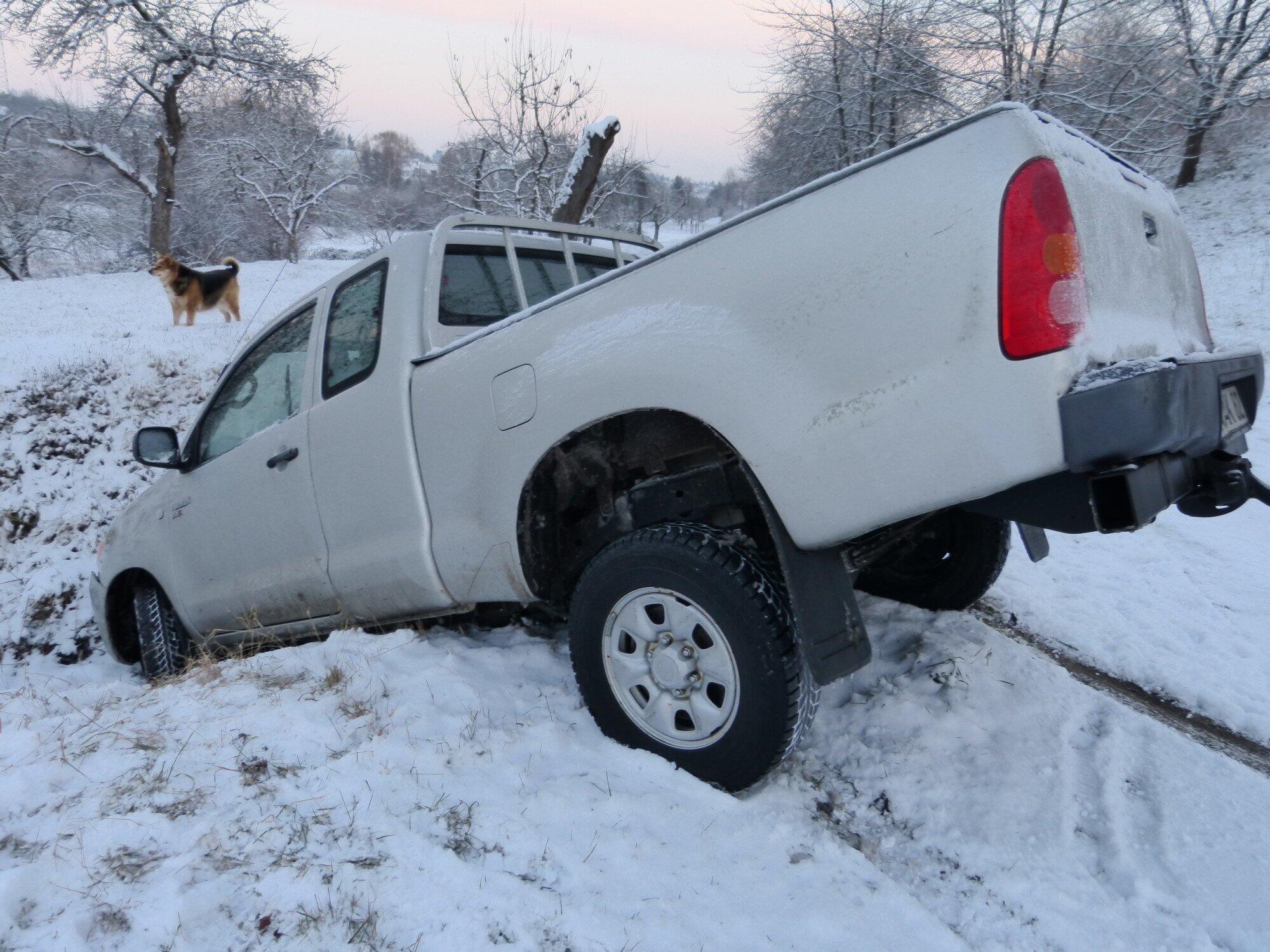A single-vehicle accident can happen to anyone, anywhere, at any time. Whether you’re driving on a bustling highway or a quiet neighborhood street, the unexpected can occur.
Understanding the causes, consequences, and steps to take following such an incident is crucial for every driver. In this article, we’ll delve into the essentials of single-vehicle accidents, shedding light on what you need to know to navigate such situations confidently.
From prevention tips to post-accident procedures, let’s explore how to handle these incidents effectively.
Understanding Single-Vehicle Accidents
A single-vehicle accident happens when there’s only one vehicle involved, usually without hitting another vehicle or object. They can occur due to things like distracted driving, bad weather, mechanical issues, or road dangers.
Some of these accidents might cause minor damage, but others can be really serious, even fatal. So, it’s crucial to know about these situations and be prepared in case you’re ever in one.
Common Causes of Single-Vehicle Accidents
Single-vehicle accidents occur when only one vehicle is involved in a collision or incident. Several factors can contribute to these types of accidents, including:
Distracted Driving
Distractions such as texting, talking on the phone, adjusting the radio, or interacting with passengers can divert a driver’s attention from the road, increasing the risk of a single-vehicle accident. It’s crucial to always keep your eyes and focus on the road while driving.
Speeding
Exceeding the speed limit or driving too fast for road conditions is a leading cause of single-vehicle accidents. When a driver is speeding, they have less time to react to potential hazards, making it more likely for them to lose control of their vehicle.
Driving Under the Influence
Operating a vehicle under the influence of drugs or alcohol significantly impairs a driver’s judgment, reaction time, and ability to stay in control of their vehicle. This can easily lead to a single-vehicle accident with potentially devastating consequences.
Poor Weather Conditions
Roads that are wet, icy, or covered in snow can make it challenging for drivers to maintain control of their vehicles. In these conditions, even the most experienced drivers can lose control and be involved in a single-vehicle accident.
Distracted Driving
With the rise of smartphones and other gadgets, distracted driving has become a significant concern on the roads. When a driver is not paying attention to the road, they are more likely to lose control of their vehicle and cause a single-vehicle accident.
Fatigue
Driver fatigue is another leading cause of single-vehicle accidents. When a driver is tired or drowsy, they are less alert and have slower reaction times, making it easier for them to veer off the road or collide with other objects.
Vehicle Malfunctions
Sometimes, single-vehicle accidents occur due to mechanical issues with the car itself. This could be anything from a faulty brake system to a blown tire. When these malfunctions happen, the driver may lose control of their vehicle and cause an accident.
Preventing Single-Vehicle Accidents
While some factors contributing to single-vehicle accidents may be beyond your control, there are proactive measures you can take to reduce the risk:
Stay Focused
Avoid distractions while driving, such as texting, talking on the phone, or engaging in other activities that take your attention away from the road. Stay alert and aware of your surroundings at all times.
Follow Speed Limits
Speeding is a leading cause of single-vehicle accidents. Be sure to follow posted speed limits and adjust your driving in adverse weather conditions.
Maintain Your Vehicle
Regularly scheduled maintenance can help prevent vehicle malfunctions that may lead to single-vehicle accidents. Make sure to get your car serviced according to the manufacturer’s recommendations.
Avoid Fatigued Driving
Driving while tired can greatly impair your ability to operate a vehicle safely. Make sure you are well-rested before getting behind the wheel, and take breaks if needed during long drives.
Stay Sober
Drunk or impaired driving is a major contributor to single-vehicle accidents. Never drive under the influence of drugs or alcohol, and always have a designated driver or use alternative transportation if you plan on drinking.
Eliminate Distractions
Texting, talking on the phone, eating, and other distractions can all take your focus away from the road. Make sure to eliminate any potential distractions before starting your journey.
What to Do If You’re Involved in a Single-Vehicle Accident
Even the most cautious drivers may find themselves in a single-vehicle accident. If you’re ever in this situation, it’s essential to know how to respond:
Assess the Situation
Check yourself and any passengers for injuries. If anyone is hurt, call emergency services immediately. If everyone is okay, check the vehicle for any damage and assess the surrounding area for potential hazards.
Move Your Vehicle to a Safe Location
If possible, move your vehicle to the side of the road or into a nearby parking lot. This will help prevent further accidents and keep traffic flowing smoothly.
Document the Accident
Take photos of any damages to your vehicle and the surrounding area. Also, make note of any road conditions or other factors that may have contributed to the accident. This information will be helpful when filing an insurance claim.
Contact the Authorities
Even if it seems like a minor accident, it’s important to report it to the authorities. They can create an official police report, which will be valuable documentation when dealing with auto insurance in Ontario.
Seek Medical Attention
If you or anyone else involved in the accident is injured, seek medical attention immediately. Even minor injuries can worsen over time if left untreated. Keep all records of medical treatment for use in your insurance claim.
Contact Your Insurance Company
Once you have all the necessary information and documentation, contact your insurance company as soon as possible. Reputable companies like Auto Insurance Fresno will guide you through the claims process and determine coverage for damages and injuries.
Stay Safe on the Road
A solo car mishap can be quite a shock, but being ready and knowing how to handle it can make a difference. By staying alert, driving safely, and taking preventive measures, you can lower the chances of being in such a situation. And if it does happen, knowing what to do, like letting your car insurance know, can speed up the process. Keep safe on the road, and always put safety first to steer clear of being in a solo car accident.
If you found this article helpful, please take a look at some of the other posts we’ve put up on our site.





Be First to Comment